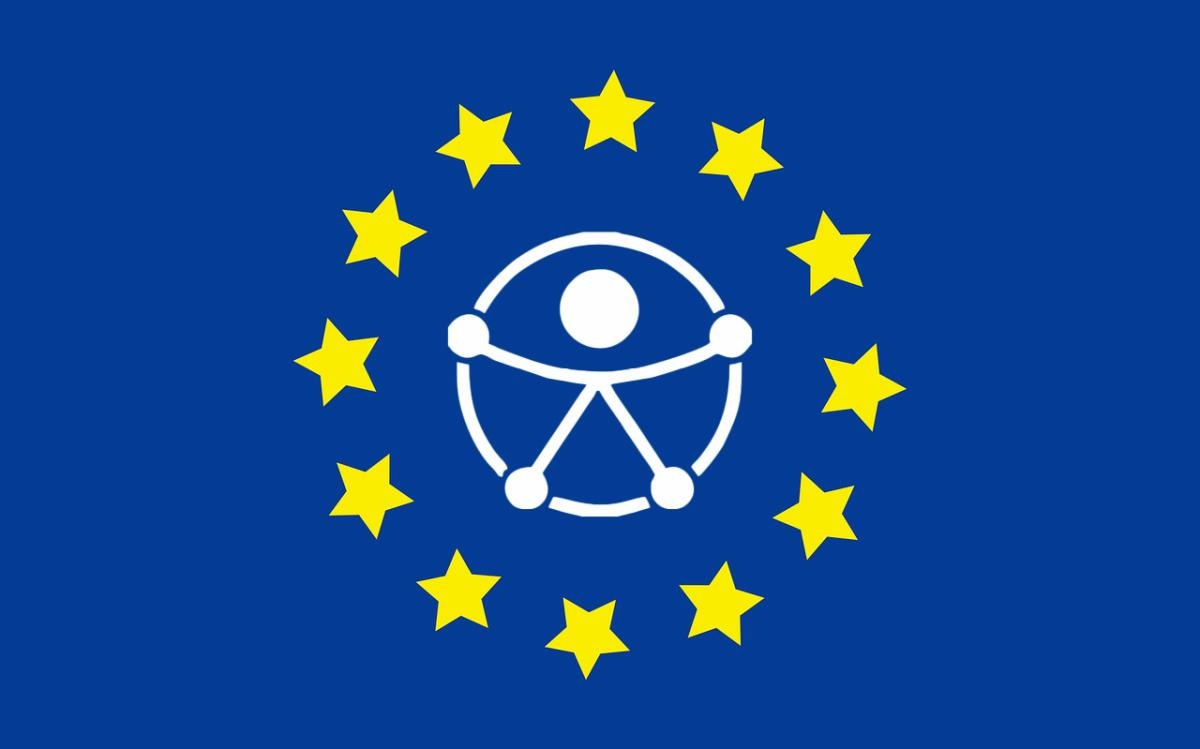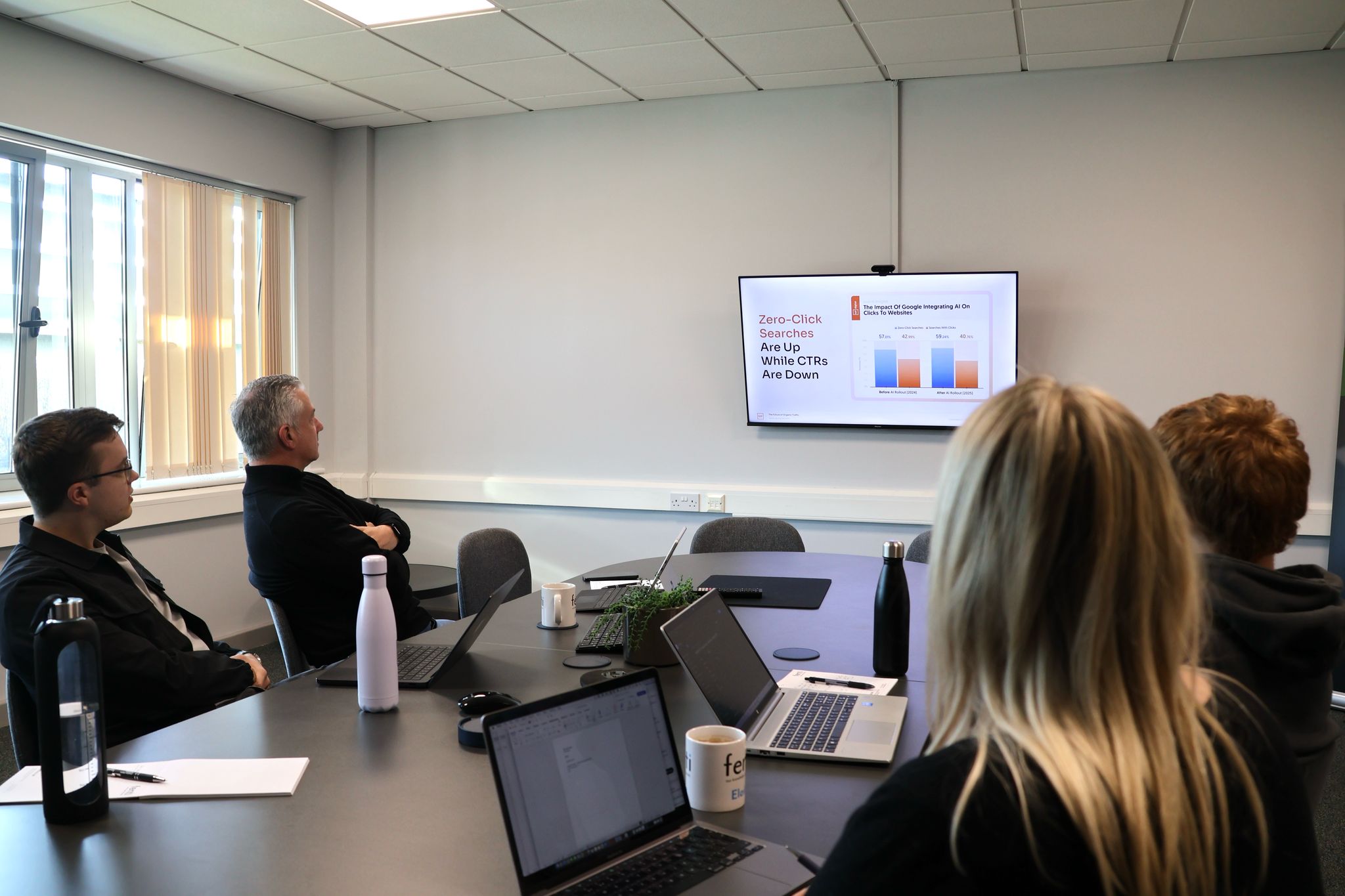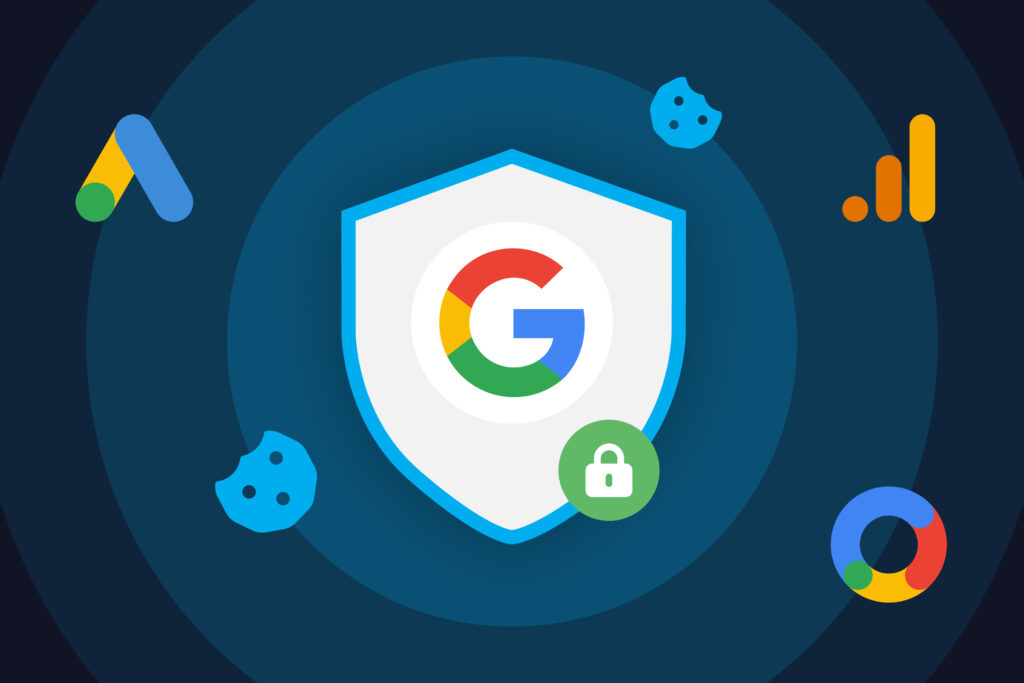In this edition of Fenti SEO tips, we explore Google’s Helpful Content Update and what it means for website owners. When discussing the search engine optimisation (SEO) element of your marketing strategy, you may find your eyes glazing over. One of the easiest ways to understand SEO is to see Google as 100% committed to delivering fantastic customer service to search engine users. Google wants to serve up the very best website pages in response to a user query. In this context, best means great user experience and super-helpful content in answer to their query.
Google algorithms are, in a basic sense, designed to grade websites against an extensive list of quality checks. Google has spent the last decade evolving its search algorithm with the aim of seeking out and delivering high-quality online content to its users.
The 2011 algorithm update, known as Panda, changed the SEO landscape dramatically. The update saw websites which published keyword-stuffed articles – written with the objective of climbing to the top of search engine results pages – ranking well. This type of ‘Black Hat’ SEO practice isn’t helpful for search engine users and doesn’t provide a quality user experience. To address this problem, Google released a core algorithm update which placed emphasis on websites with good user experience and rewarded people-first content with a step up the ladder in search engine results pages, known as SERPs.
Unfortunately, many sites employing black hat SEO tricks slipped through the cracks and rose to the top of search engine results pages for search queries, serving users with convoluted information laced with spammy links. Fast forward to August 2022 and Google’s latest algorithm update is released. The Google Helpful Content Update (HCU) aims to reward content where visitors indicate a satisfying experience e.g., spent time exploring the site and visited several pages. Meanwhile, content that doesn’t meet a visitor’s expectations does not perform well in SERPs.
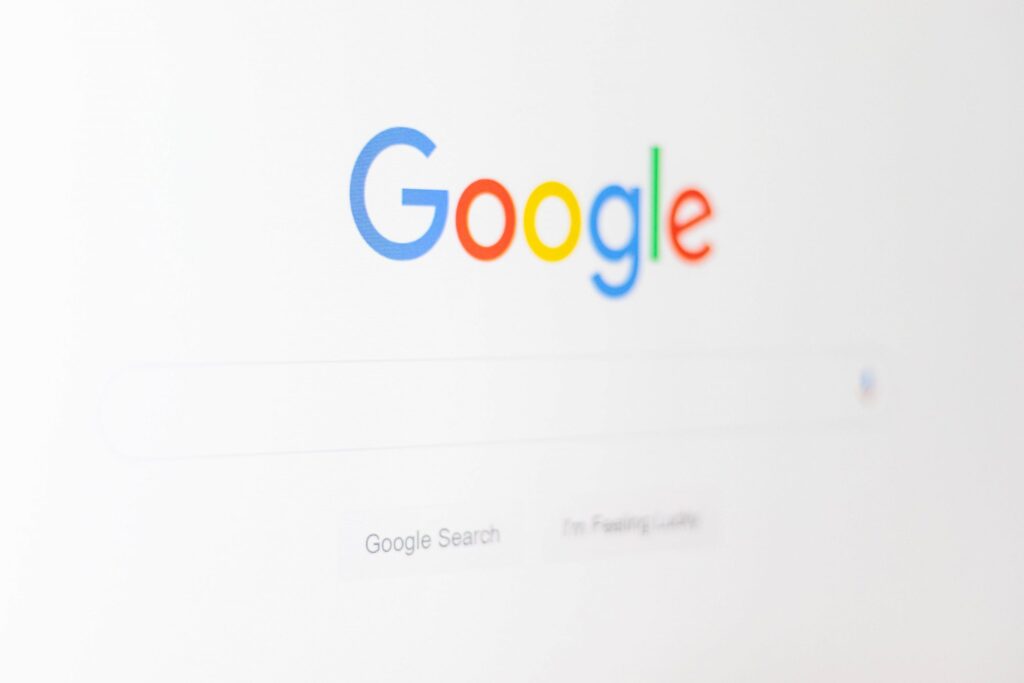
Let’s find out what Google’s Helpful Content Update means for your website:
1. Focus on people-first content
Coined the ‘Helpful Content Update’, Google aims to serve original, helpful “people-first” content to search engine users. When writing content for your website, it’s important to remember that your primary audience is humans. You should optimise content for human readers and not produce unhelpful, hard-to-understand articles that only appeal to search engines. The best way to ensure people read your website content is to craft truly compelling, quality, natural content, and Google will reward you accordingly.
Google understands that the internet is rife with information that could be misleading or irrelevant to its users. By suppressing poorly written content and jargon, genuinely useful content will, in turn, rise to the top.
2. Don’t make content for search engines
No one wants to land on a webpage that doesn’t answer their query quickly and efficiently, or worse, is misleading. By cutting through the BS, Google has put content creators and website owners on a level playing field. Now, websites will only rank well in SERPs if they provide subject-specific, genuinely useful content.
Content writers should always avoid keyword stuffing – the practice of cramming a webpage with a large volume of keywords in an attempt to manipulate a site’s ranking in Google SERPs. This practice results in a negative user experience and can harm your website’s overall search engine performance. Instead, stay on topic. Website content only has around 8 seconds to capture someone’s attention. Your webpages should be informative and captivating from the first sentence.
3. Remove unhelpful content from your website
These days, no one wants to read anything that doesn’t answer their query quickly. TL;DR, meaning, too long; didn’t read, must be at the forefront of the content writers mind. In essence, keep it simple and to the point. Ultimately, a website should be informative and helpful. There is a time and a place to tell your readers about your favourite colour and what you do on a weekend… social media. Your website should be an engaging portfolio of your services and products. Wherever possible, use industry-specific key phrases in your helpful content to target your audience.
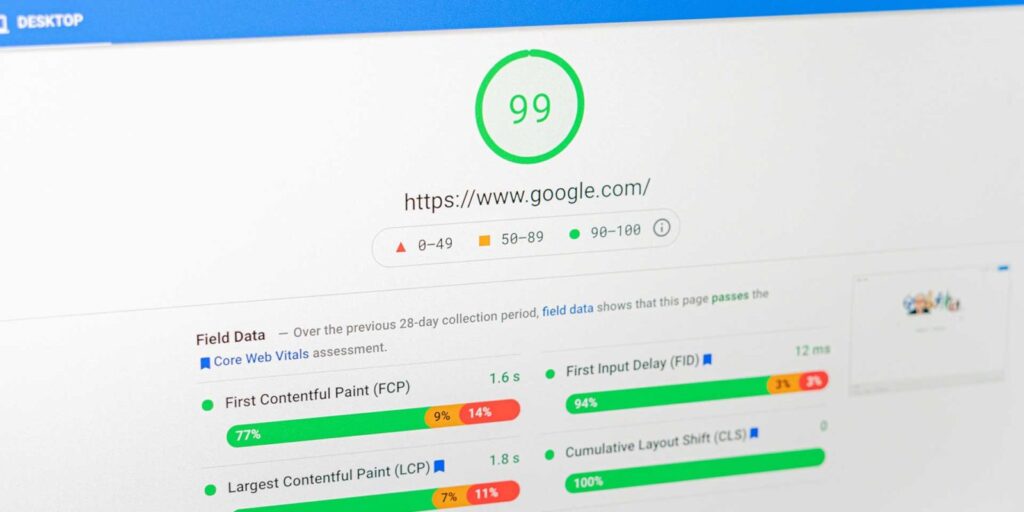
4. Follow Google’s guidelines
Google wants your website to represent YOU. All websites should be genuinely informative for your audience. Previously, a website would be ranked in relation to keyword research expertise and skill in applying these during copywriting. Content that is little more than incomprehensible keyword-stuffed articles written by AI, now suffer the consequences of trying to cheat the system. Disturbingly, lots of website content is now produced by AI, plagiarising well-written content from other sites and stuffing it with keywords. Google is wise to this tactic and now suppresses such content in its SERPs.
Although the Helpful Content Update is a major breakthrough in the world of SEO and copywriting, it is not one for website owners to worry about. Focus on producing original, well-crafted content, written for your human target audience, and Google will reward your efforts.
Tom, Digital Marketing Executive at Fenti, gave his take on Google’s algorithm update:
The recent update from Google further emphasises its commitment to reward high-quality and helpful content and should be top priority for website owners. It is another reason why your website content should be written for humans first, not search engines. As Google continues to develop its algorithm, it is clear machine learning technology can now decipher and evaluate whether content is actually “helpful” for a human user. This will undoubtably be considered as part of Google’s overall ranking process moving forward.
Ensure your website will survive the update with Fenti. We provide FREE marketing and website audits – follow the link and get your website booked in.
